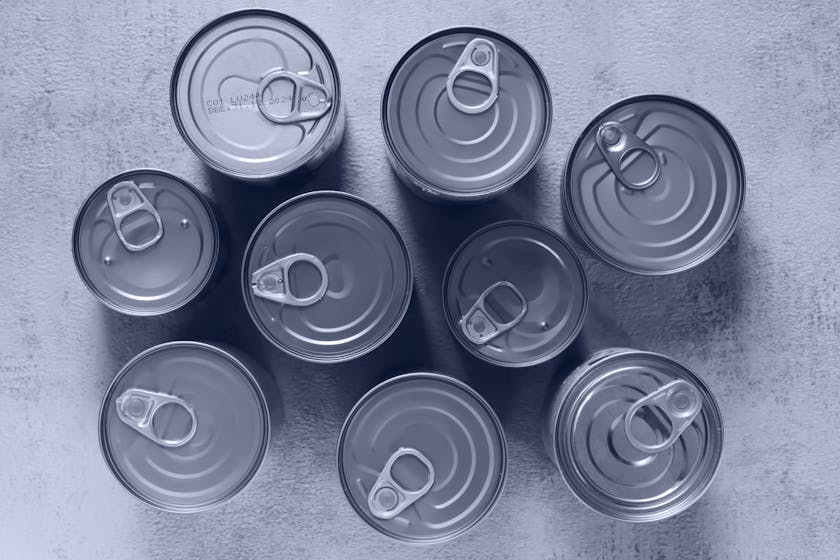When considering emergency preparedness, bulk meal storage is a critical component to ensure you and your family have sufficient sustenance in case of unforeseen circumstances. It’s not just about having enough food; it’s also about ensuring the food you store can last long enough to be useful during emergencies. This guide will outline the steps you should take to effectively store meals for the long term.
Understanding the Importance of Bulk Meal Storage
Emergency preparedness is all about planning ahead, and a significant part of that planning involves food security. Bulk meal storage offers peace of mind, knowing that you have access to a steady food supply regardless of the situation. Whether it’s a natural disaster, a power outage, or a global pandemic, having a well-thought-out storage plan can make all the difference.
Selecting the Right Foods for Bulk Storage
The first step in bulk meal storage is to choose foods that are non-perishable and have a long shelf life. Staples such as rice, beans, lentils, and dried pasta are excellent choices. Canned goods, including vegetables, fruits, and meats, can also be stored in large quantities. When selecting food, consider nutritional value, ease of preparation, and your family’s dietary preferences.
Proper Storage Conditions to Prolong Shelf Life
To maximize the longevity of your stored meals, it’s crucial to maintain optimal storage conditions. Store your food in a cool, dry place away from direct sunlight. Basements and cellars often provide the ideal environment. Use airtight containers to prevent moisture and pests from reaching the food. Vacuum-sealing certain items can further extend their shelf life.
Organizing Your Bulk Storage Space
Efficient organization of your storage space can save you time and ensure that you rotate through your supplies effectively. Label all containers with the date of purchase and organize them so that the oldest items are used first. Shelving units can help keep things orderly and make it easier to locate specific items when needed.
Regularly Rotate and Use Stored Items
Regular rotation is key to maintaining a fresh supply of food. Incorporate stored items into your daily meals to ensure they are used before expiration. This practice not only prevents waste but also familiarizes you with the taste and preparation of your emergency food, making it less of a drastic transition during an actual emergency.
Maintaining Nutritional Balance in Bulk Meal Storage
When storing meals in bulk, it’s essential to consider the nutritional balance of your food storage. Include a variety of protein sources, carbohydrates, and fats to ensure a well-rounded diet. Don’t forget to store a selection of vitamins and supplements to compensate for any potential nutritional deficiencies.
Dealing with Special Dietary Needs
If you or a family member has special dietary needs, such as gluten intolerance or food allergies, it’s even more important to plan your bulk meal storage carefully. Stock up on specialty items that meet these requirements and be sure to check expiration dates regularly, as some alternative products may have shorter shelf lives.
Investing in Freeze-Dried and Dehydrated Meals
For the ultimate in shelf-stable meals, consider investing in freeze-dried or dehydrated options. These meals are lightweight, easy to prepare (usually just requiring the addition of water), and can last for years without losing nutritional value. They are an excellent addition to any bulk meal storage plan.
By following these tips and regularly updating your emergency preparedness plan, you can ensure that your bulk meal storage is both sufficient and sustainable. Remember, the best strategy is one that is tailored to your specific needs and situation.



